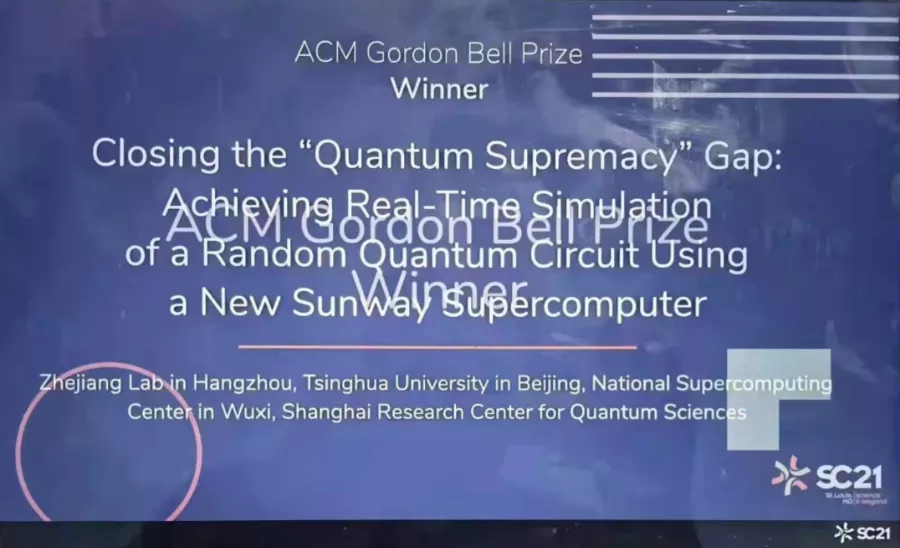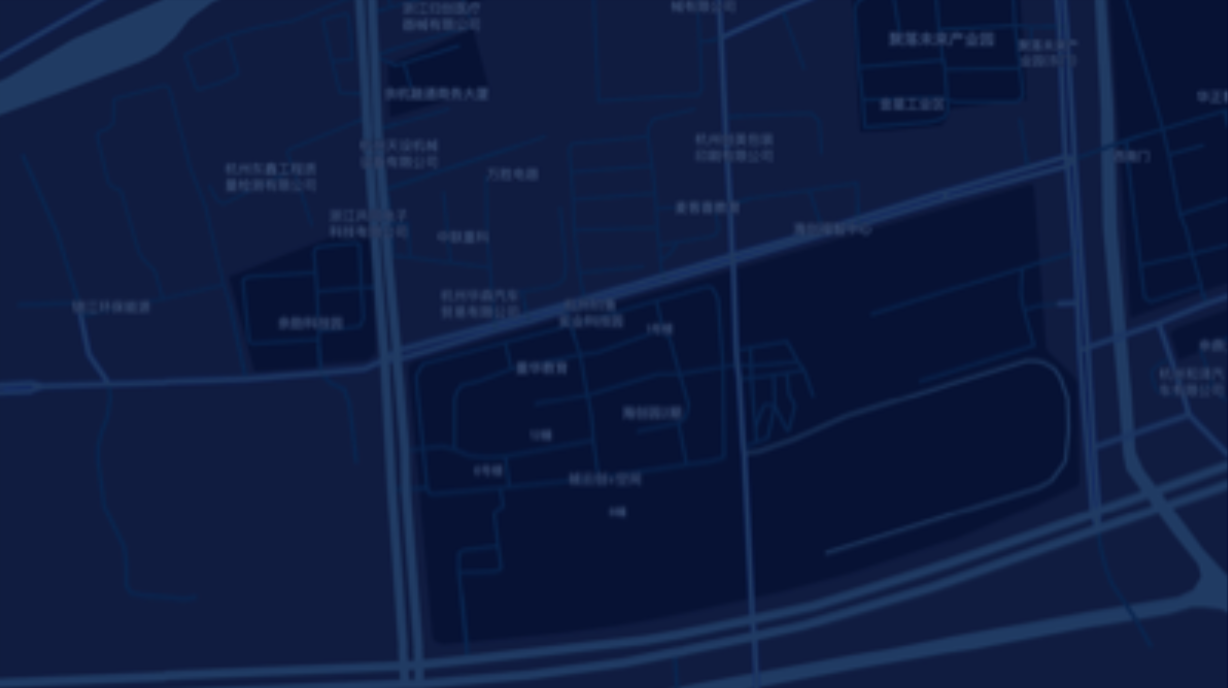

On the early morning of November 19, 2021, China local time, the Association for Computing Machinery (ACM) named winners of the 2021 Gordon Bell Prize. A joint research team of Chinese researchers won the award for their project on the Sunway Quantum Circuit Simulator. The members of the team came from Zhejiang Lab, Tsinghua University, the China National Supercomputing Center in Wuxi, and the Shanghai Research Center for Quantum Sciences.

With the success of quantum computing systems using 50 to more than 70 qubits, such as Google's Sycamore and USTC's Jiuzhang, quantum computers have outpaced world-leading supercomputers including Fugaku and Summit by millions of times in specific tasks such as random circuit sampling and Boson sampling. While presenting new challenges to traditional supercomputing approaches, quantum computing also brings out new algorithms and ideas. Moreover, the simulation capability of traditional supercomputers ensures reliable verification for the development of high-noise quantum chips. These two technologies are complementary, showing a trend of integrated development.
Working with organizations including Tsinghua University, the China National Supercomputing Center in Wuxi, and the Shanghai Research Center for Quantum Sciences, the research group from Zhejiang Lab was led by researcher LIU Xin from the Research Center for Intelligent Supercomputing. Based on a new Sunway Supercomputer, the project team developed SWQSIM, a real-time simulator of ultra-large-scale random quantum circuits. In particular, the team proposed a near-optimal parallel slicing and contraction scheme for tensor networks, as well as a mixed-precision algorithm. The simulator can therefore be implemented efficiently on tens of millions of supercomputing cores (processors) in a parallel manner, with a sustained computational performance of 4.4 Eflops, the highest mixed-precision supercomputing power known in the world. Compared with Google's Sycamore, which takes about 200 seconds to generate one million samples with a fidelity of 0.2%, Summit needs 10,000 years to complete simulation tasks of the same complexity. But SWQSIM can obtain millions of correlated samples with a higher fidelity in less than 304 seconds and an equivalent number of uncorrelated samples in one week, breaking the "Quantum Supremacy" claimed by Google. In addition, the system can complete quantum circuit simulations within sixty hours and with a complexity 1,000 times higher than the simulations made by Sycamore, enabling single-amplitude and multi-amplitude simulations of 100- to 400-qubit circuits. The success of SWQSIM will provide a solid simulation platform for the development of quantum computing in the future. This achievement (Closing the Quantum Supremacy Gap: Achieving Read-Time Simulation of a Random Quantum Circuit Using a New Sunway Supercomputer) won the 2021 ACM Gordon Bell Prize.

The Gordon Bell Prize, presented by ACM, is the highest international academic award in the field of high-performance computing, and is known as the "Nobel Prize of Supercomputing".














